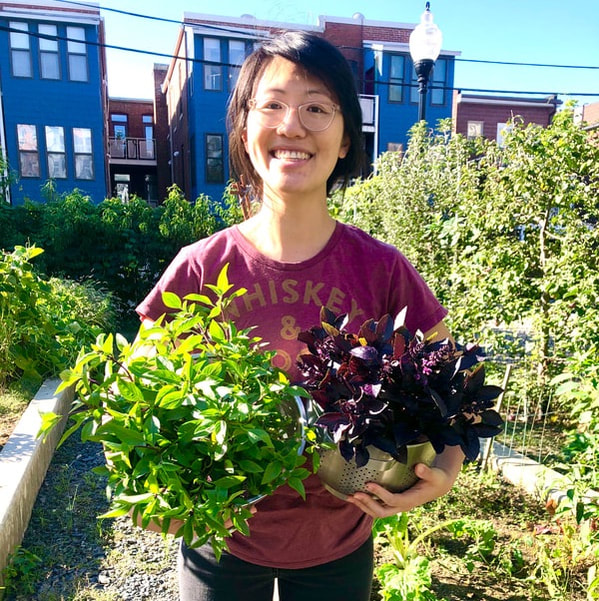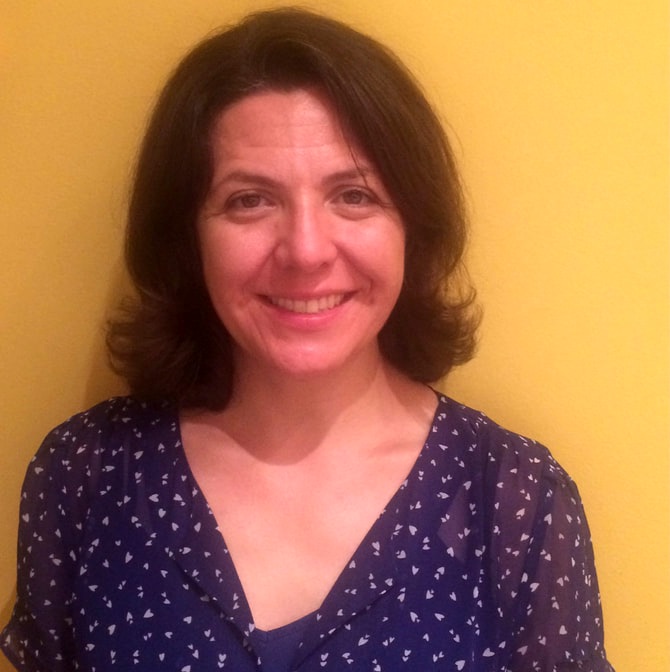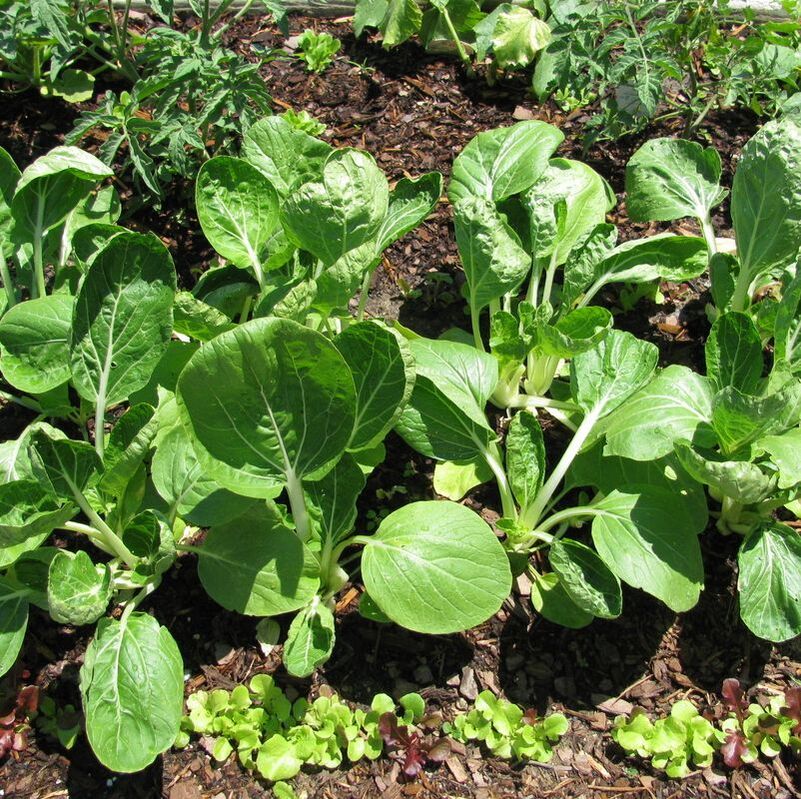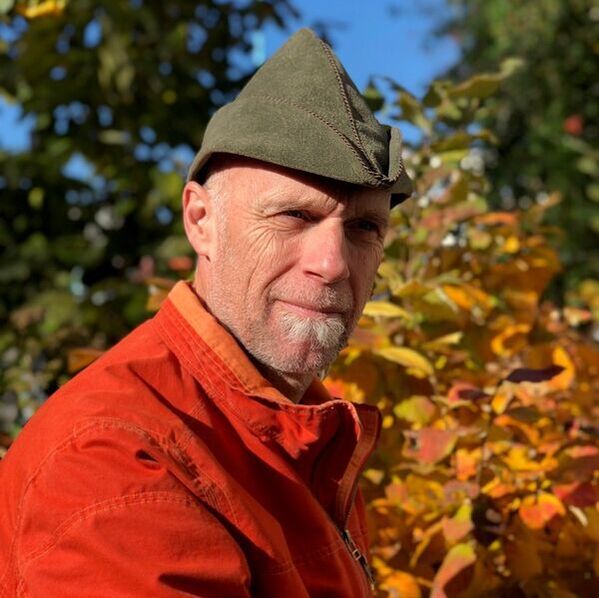about the garden
Euclid Street Community Garden was established in 2012 in partnership with the DC Department of Parks & Recreation. The garden contains 40 11' x 4' plots (4 of which are ADA accessible), an orchard, a communal herb garden, and several pollinator habitats.
The garden is located on Euclid Street at the SW corner of 14th Street & Euclid NW in Washington, DC.
The garden is located on Euclid Street at the SW corner of 14th Street & Euclid NW in Washington, DC.
history
The Euclid Street Community Garden idea came about in late 2008 when the city decided to renovate the existing Justice Park at 14th Street & Euclid Street NW. The city agreed to do a land swap with a local developer for the empty lot across the street from the park. DPR would build a new park on the empty lot and the developer would turn the existing park space into new housing. At a community meeting about the new park design it was suggested that a portion of the park would make a great community garden space. Saharah Moon Chapotin, Oscar Anderson and Otis Marechaux volunteered to work with DPR to build a community garden into the new park's design and manage the garden after it was completed. After several starts and stops, a change in administration, and some usual DC politics, the garden and park were finally completed and opened to new gardeners in April 2012.
meet the current garden committee
|
Sasa Tang
Sasa’s first gardening memory was when she was a child with her grandma at their community garden in China, pulling up purple amaranth and later cooking it and watching the leaves turn the white rice into a deep purple. Sasa’s current favorite vegetables to grow are garlic chives, Serrano peppers, and rainbow chard.
|
Lynda Laughlin
Lynda Laughlin lives in Lanier Heights. She’s an active public sociologist and also works as one at the U.S. Census Bureau. She looks forward helping to create a prosperous garden community and improving her green thumb.
|
Oscar Anderson
Oscar is a founding board member of the Euclid Street Community Garden. He loves to experiment with new things to grow but inevitably ends up with half a plot of tomatoes because he thinks there is no such thing as too many tomatoes. By day, he works as a researcher for a national non-profit and has been known to fill his entire cubicle with plants.
|






